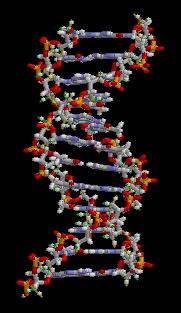From Colombia to Vietnam: The Success of an Innovative School Model
“My child is more self-confident and creative, has increased communication skills, and is taking initiative.” This is what the parent of a student at Dong Hoang Primary School in Vietnam said. The school uses the Escuela Nueva model. Students no longer sit facing the teacher and are lectured by the teacher. Now children are seated in groups of 4-6 at tables and the teacher talks amongst the groups. Each table has a rotating student leader who helps initiate the group discussions and group work. The VNEN approach of promoting small group peer-learning and problem solving is helping to develop life-long positive attitudes, such as initiative, creativity, self-esteem, self-reliance, responsibility, social and communication skills, and self-confidence. From Colombia to Vietnam: The Success of an Innovative School Model

